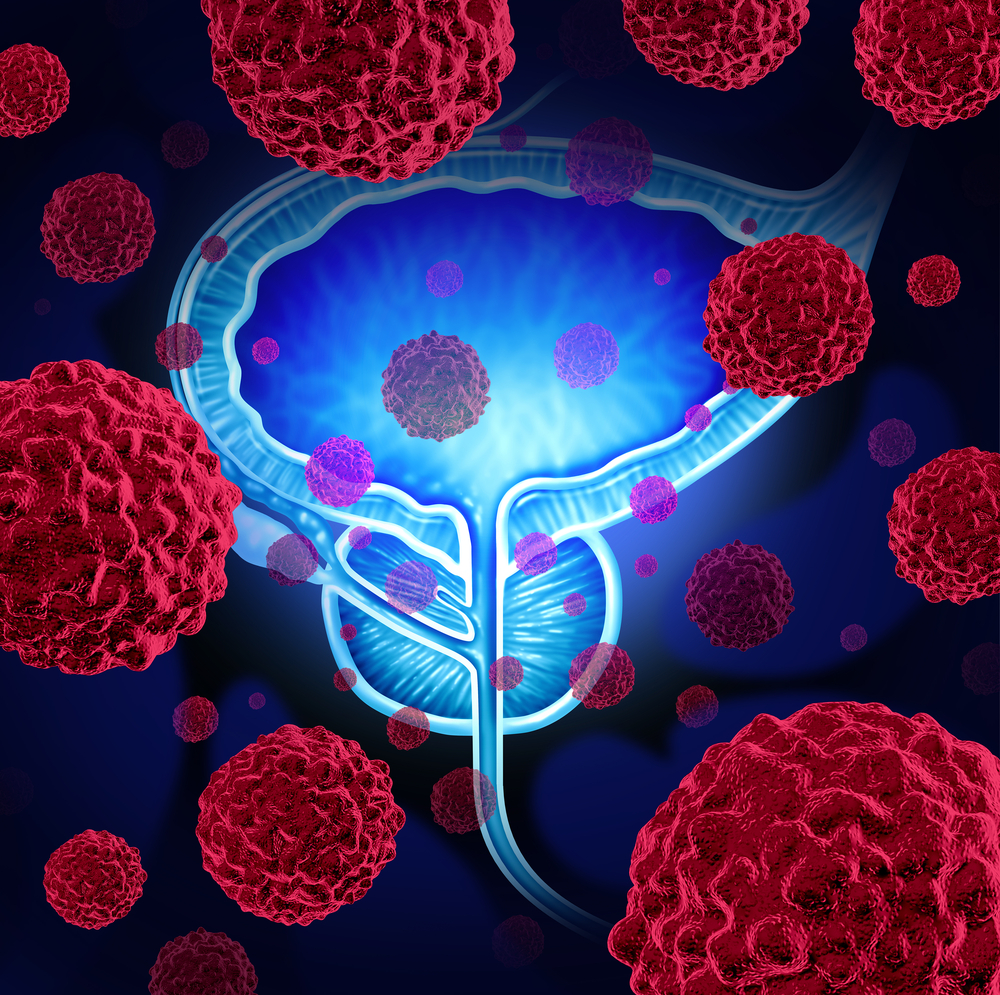
A new study led by researchers at UC San Francisco and Kaiser Permanente has identified genetic predictors of normal prostate-specific antigen (PSA) levels in healthy men, which could be used to improve the accuracy of PSA-based prostate cancer screening tests.
Until recently, PSA tests for prostate cancer were considered an exemplar of successful early cancer detection leading to improved treatment outcomes. But over the past five years, a series of studies has suggested that the tests are not sensitive enough: frequent false positives lead to too many unnecessary medical procedures, and false negatives give men a false sense of security. In 2012, the test was given a “D” rating by the U.S. Preventive Task Force, and the test is no longer covered by some insurers.
“In the few years that PSA testing has become less popular, the use of the test has declined and the number of prostate cancer diagnoses has dropped,” said John Witte, PhD, a UCSF professor of epidemiology and biostatistics and of urology, and co-senior author of the new study. “Disturbingly, some of the cases that are detected are now being diagnosed at a later stage, making successful treatment less likely. It’s a big conundrum for the field.”
One of the problems with current PSA tests is that they are a one-size-fits-all measurement of a protein that men naturally produce at different levels. The new genome-wide association study — led by Witte and co-senior author Stephen K. Van Den Eeden, PhD, a research scientist at Kaiser Permanente Division of Research and professor of urology at UCSF — suggests that the PSA test could regain its place in cancer prevention by factoring in genetic variations that affect the amount of PSA different men naturally produce.
Key to the study, which was published Jan. 31, 2017 in the online-only journal Nature Communications, was Kaiser Permanente’s rich and comprehensive long-term dataset. The study included 28,503 men from the Kaiser Permanente cohort and 17,428 men from additional replication cohorts, in the aggregate representing nearly half a million PSA tests going back to the 1990s.
“The unique setting of Kaiser Permanente allowed us to link every man in the study to our electronic clinical data and determine not just that they had a test, but also the level and frequency of testing over many years,” said Van Den Eeden.
Using this large and rich study population, Witte’s group was able to identify 40 genetic regions, or loci, that together predict nearly 10 percent of normal variation in PSA levels in men who do not have cancer.
The authors also determined that the rest of the genomic sites studied in the paper explained an additional 32 percent of normal PSA variation, though the study was not sensitive enough to identify the specific genetic loci responsible for this additional variation. The results suggest that even more genetic predictors of PSA levels are likely to be uncovered by future studies, the authors said.
Understanding a given patient’s genetic predisposition to high PSA could allow physicians to better evaluate test results to predict the patient’s actual risk of prostate cancer, according to Witte, either by normalizing the results of PSA screens based on each individual’s natural PSA levels or by adjusting the threshold used to determine if a test result should trigger further testing, such as a prostate biopsy.




